DISCOVER
The Diversity of Birds Across Habitats
Birds inhabit nearly every ecosystem on Earth, from arctic tundras to tropical rainforests, each species adapted to thrive in its unique environment. Seabirds like albatrosses glide over vast oceans, while vibrant toucans live in dense rainforests, each relying on different food sources and nesting sites. By studying birds across these habitats, we can observe their specialized beaks, feathers, and behaviors, learning how they have evolved to occupy niches that keep ecosystems balanced and thriving.

WINGS
The Remarkable World of Birds


Written by Nicolas Clerc
DISCOVER
Birds of Prey – Nature’s Aerial Hunters
Birds of prey, including eagles, hawks, and owls, are some of nature’s most skilled hunters. With sharp talons, powerful beaks, and keen eyesight, these raptors are essential in controlling populations of rodents, insects, and other small animals. Their hunting techniques vary widely: owls hunt silently at night, eagles dive from great heights, and hawks rely on speed and agility. These birds play a critical role in maintaining ecosystem health by keeping prey populations in check and preventing overpopulation.

LEARN
The Importance of Birds in Ecosystems
Birds contribute significantly to ecosystem health by acting as pollinators, seed dispersers, and even pest controllers. Birds like hummingbirds and honeyeaters pollinate plants, while fruit-eating birds spread seeds, allowing plants to grow and regenerate across landscapes. Birds that feed on insects help control pest populations, benefiting agriculture and forest health. Understanding these roles highlights how birds support biodiversity and why their presence is vital for balanced ecosystems.

LEARN
The Social Lives of Birds
While many birds are solitary, others, like crows, parrots, and starlings, display highly social behaviors. Certain species form complex social groups, participate in cooperative breeding, or use intricate communication systems. Flocking birds such as starlings and flamingos create stunning formations for protection and efficiency, while other species form lifelong pair bonds. Studying these social structures teaches us about cooperation, communication, and survival strategies that enhance birds’ ability to thrive in their environments.

Threats Facing Bird Populations
PROTECT
Bird populations are declining worldwide due to habitat destruction, pollution, climate change, and pesticide use. Wetland and forest destruction leave birds without nesting grounds, while pollutants and chemicals disrupt their food sources. Climate change is altering migratory routes, breeding seasons, and food availability, creating survival challenges. Recognizing these threats is the first step in supporting bird populations and understanding the broader impact of human activity on biodiversity.

Written by Nephila Wildlife
PROTECT
Supporting Bird Conservation Efforts
Conservation efforts to protect birds include creating bird-friendly habitats, conserving migratory corridors, and establishing protected areas. Planting native gardens, installing bird feeders, and reducing pesticide use can help support local bird populations. Supporting initiatives like reforestation projects and wetland restoration also provides safe nesting and feeding grounds. By encouraging bird-friendly practices and advocating for conservation, we can help ensure these remarkable creatures continue to enrich ecosystems and inspire future generations.
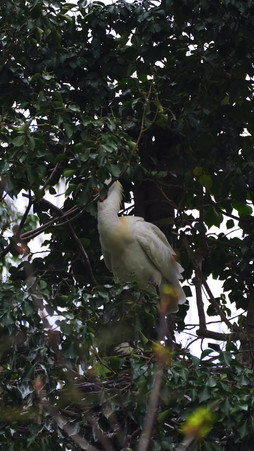
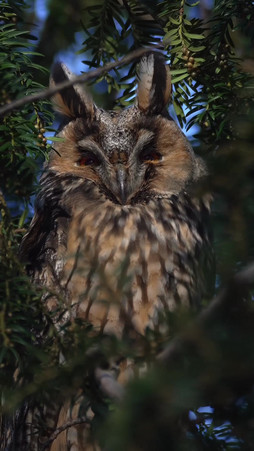
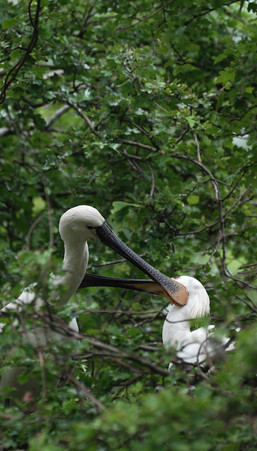
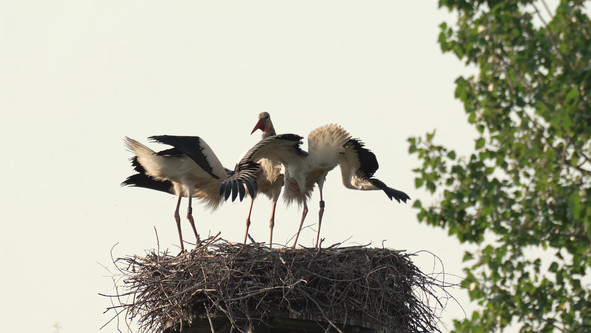


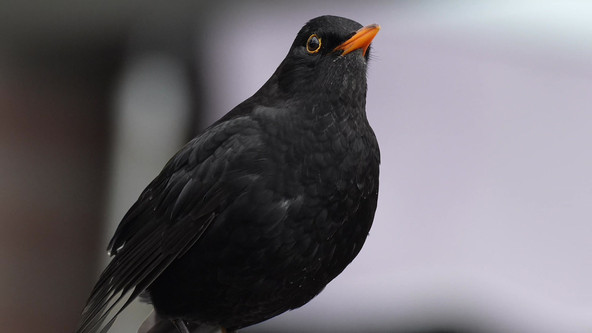













_edited.png)









